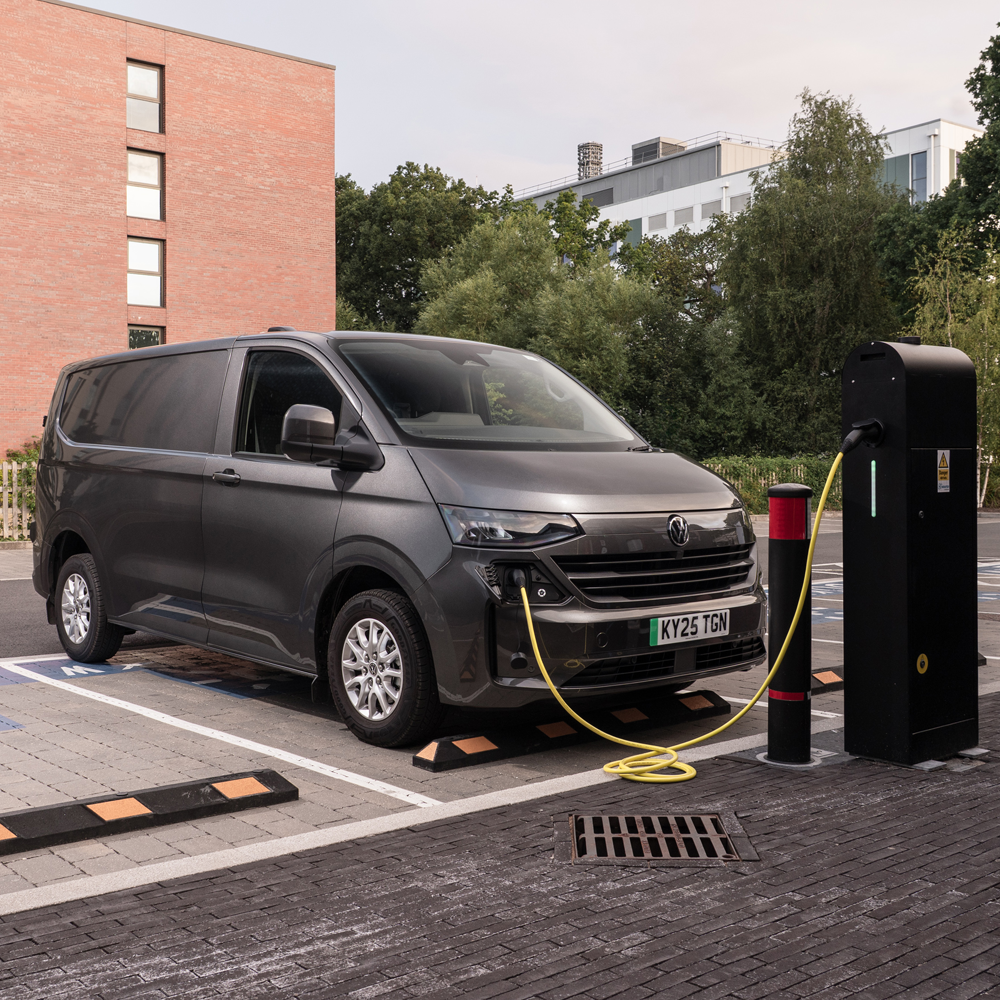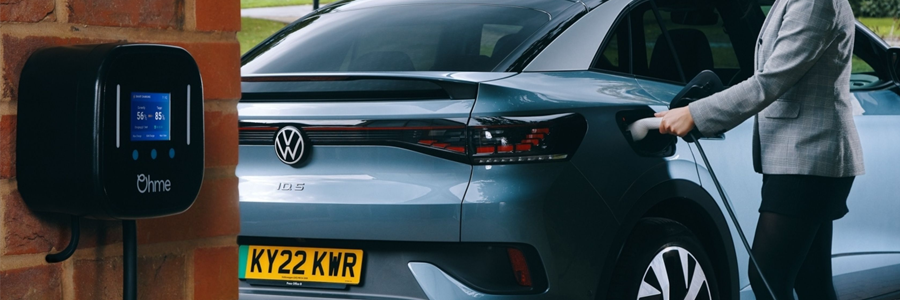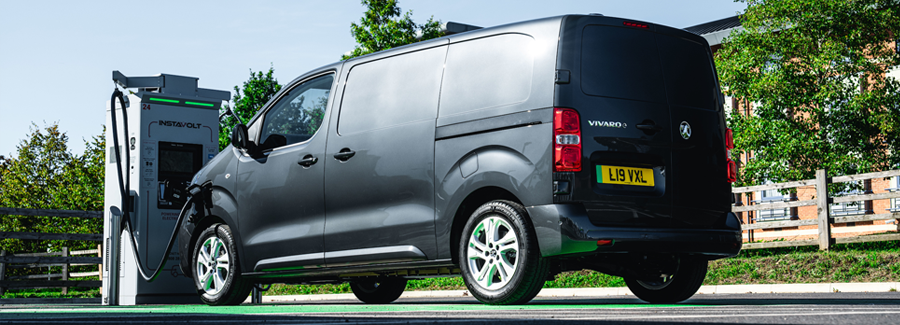
Should You Buy or Lease Your Next Van?
Published 2nd July 2025
Choosing whether to buy or lease a van is one of the biggest money decisions a self‑employed driver or fleet manager makes. Search engines are buzzing with phrases like “should I buy or lease my next van?”, “van leasing UK” and “van hire purchase vs contract hire”. We’ve rounded up the latest 2025 facts, tax rules, and insider know‑how so you can decide with confidence.
Buying a Van: What It Means
Buying means you pay for the van outright - either with cash or via external finance not provided by Gateway2Lease. In this guide, we’ll focus on the cash purchase route.
| Option | How it Works | Key Pros | Key Cons |
|---|---|---|---|
| Outright Purchase | Pay 100 % of the invoice, reclaim VAT (if registered). | Cheapest overall cost; full control over mileage & mods. | Cash‑flow hit; depreciation risk. |
If you’re financing a van elsewhere (e.g. through your bank), it’s worth comparing total costs over time versus leasing.
What Is Van Leasing?
Leasing means you never own the van - you rent it for a fixed term, usually 2‑4 years.
Popular Lease Types
Business Contract Hire (BCH)
Fixed monthly payments over 2–4 years, then return the van. Ideal for VAT-registered businesses since you can reclaim VAT on rentals. Often includes optional maintenance packages for hassle-free budgeting.
Finance Lease
Pay monthly rentals plus a final balloon payment. At lease end, sell the van and keep most of the resale value. Offers more flexibility if you want eventual ownership without a large upfront cost.
How leasing keeps cash in the bank
- Low initial rental (often 3‑9 months’ payment).
- Predictable budgeting – optional service & maintenance bundles.
- Up‑to‑date vans every few years, boosting reliability and image.
Tax & VAT: 2025 Rules at a Glance
The Annual Investment Allowance (AIA) remains at £1 million for 2025. This means if you buy a qualifying van, you can deduct 100% of its cost from your profits in the first year.
Corporation tax is currently 19% for profits under £50,000, rising to 25% for profits over £250,000. Businesses earning between those thresholds pay a tapered rate.
When it comes to VAT, you can reclaim 100% of the VAT on a van purchase if it’s used solely for business purposes. For Business Contract Hire (BCH) leasing, you can reclaim VAT on each rental payment - often 100% if there’s no private use involved.
| Buy (cash) | Lease (BCH) | |
|---|---|---|
| VAT | Reclaim upfront on invoice (if 100 % business) | Reclaim on each rental |
| Corporation‑tax relief | Up to 100 % first year via AIA | Monthly rentals 100 % deductible |
| Balance‑sheet impact | Asset & liability capitalised | Off balance sheet (for BCH) |
Tip: Electric vans attract 0 % van Benefit‑in‑Kind (BIK) in 2025 - handy if employees take them home overnight.
Cost Comparison – Real‑World Example (Ford Transit Custom Trend 280 L1 2.0 L Diesel, 4‑year term)
Buy with cash
- £34,000 + VAT price.
- Total outlay = £40,800 (assuming full VAT payment, recoverable if eligible).
- Residual value after 4 years: ~£14,000 (market average 2025).
- Net cost of ownership: ~£26,800.
Lease (BCH)
- Initial rental 6 × £379 = £2,274 then 47 × £379.
- Total rentals: £20,137 + excess mileage if any.
Verdict: Leasing offers a lower cost over 4 years and preserves £30k+ in your business day one. Your mileage and future plans may shift the balance.
Pros & Cons Cheat‑Sheet
Buying
Buying a van comes with several advantages. You get unlimited mileage and can make any modifications you like. It becomes an asset on your books, potentially useful as collateral. Plus, you won’t face any condition charges at the end.
However, buying ties up your capital and borrowing capacity. You carry the risk of depreciation and have to deal with the hassle of selling or part‑exchanging later.
Leasing
Leasing usually means a lower upfront cost and gives you predictable monthly budgeting. Maintenance packs are often available, and you can refresh your fleet regularly with greener, more fuel‑efficient models.
On the downside, you’ll need to stay within mileage and fair‑wear limits. There’s no equity at the end of a Business Contract Hire lease, and you could face early termination fees if plans change.
Cash‑Flow & Flexibility
When interest rates hover around 4‑6 %, money has a cost. Leasing can free cash for marketing, staff, or an emergency fund.
Rule of thumb: If you expect to switch vans every 3‑4 years, leasing is usually cheaper and simpler.
Electric Vans & the Future‑Proof Factor
Leasing spreads the risk of rapid battery tech changes. Government incentives can shift overnight - leasing lets you pivot fast. Charging infrastructure costs (like wallboxes) remain with you either way.
Decision Checklist
- How long will you keep the van? (<5 years = lease; >8 yrs = buy.)
- Mileage habits? High, unpredictable mileage favours ownership.
- Customisation needed? Racking, refrigeration, branding - buy, business contract hire or finance lease.
- Cash flow vs total cost? Growth‑stage firms often pick leasing.
- VAT position? Fully‑recoverable VAT tilts toward BCH.
Tick more boxes in the lease column? Chat with our Gateway2Lease team today.
Why Lease a Van with Gateway2Lease?
We’ve been helping businesses get the right van for the job since 2018. Whether you’re just starting out or running a growing fleet, we’re here to make the process smooth, simple, and stress-free. Our team genuinely cares about getting you a great deal - and it shows. We’re proud to be rated 4.9 out of 5 on Feefo by our customers.
Ready to Lease?
Buying gives you ownership; leasing gives you flexibility. Think about your tax position, cash flow, and how often your business needs change. Do the maths, weigh up the options, and choose what fits your goals best. Still on the fence? Feel free to get in touch - we’ll help you explore the numbers and make sense of it all, jargon-free.



